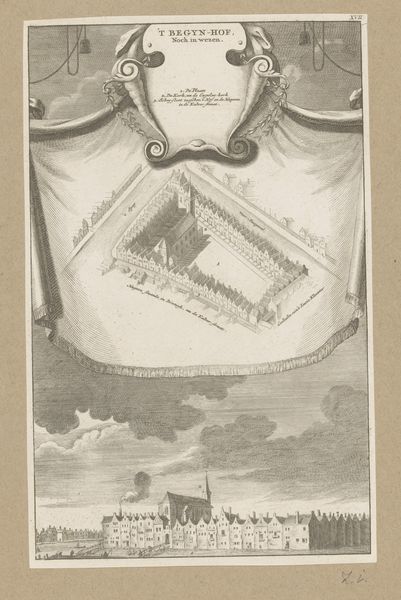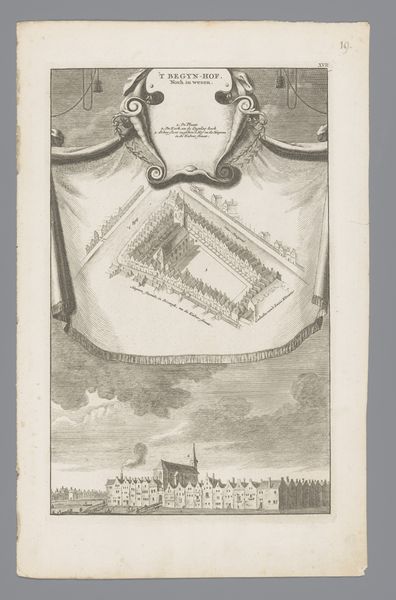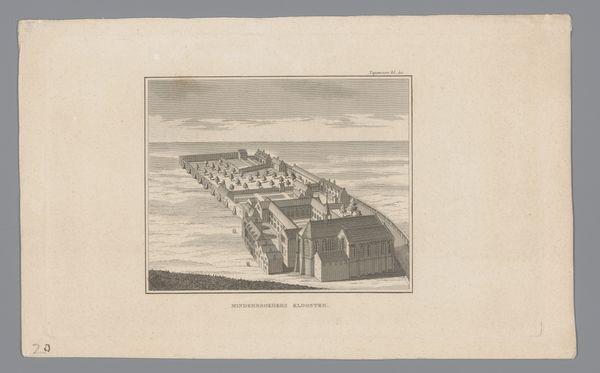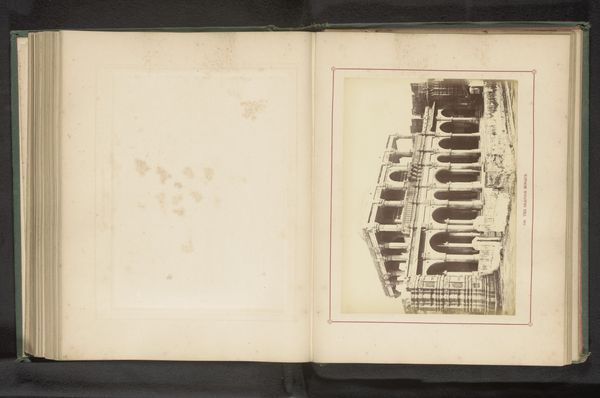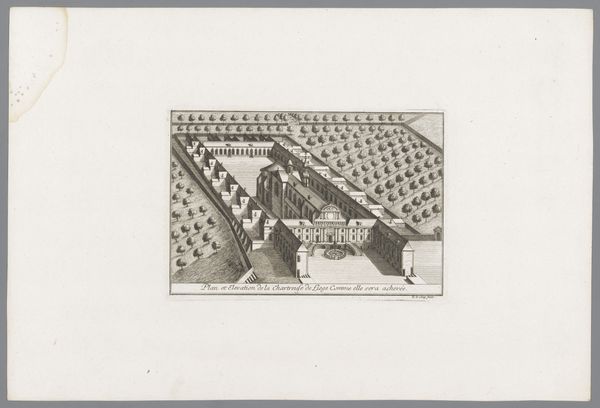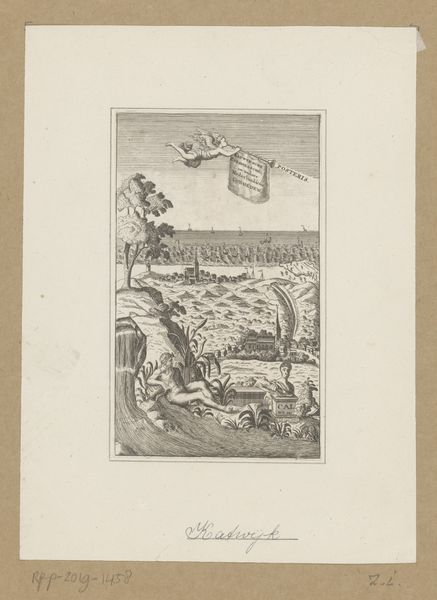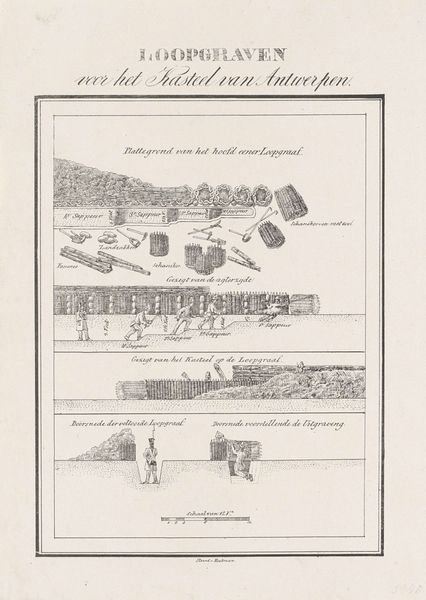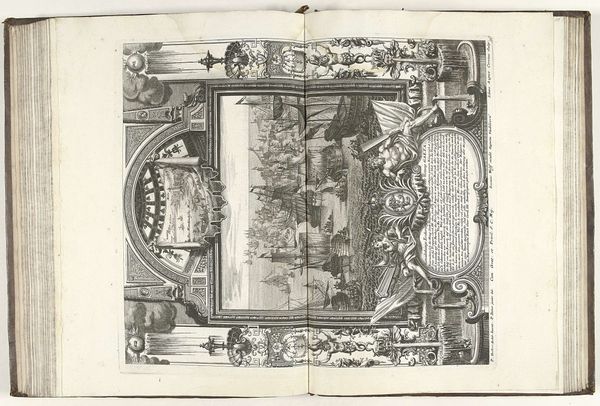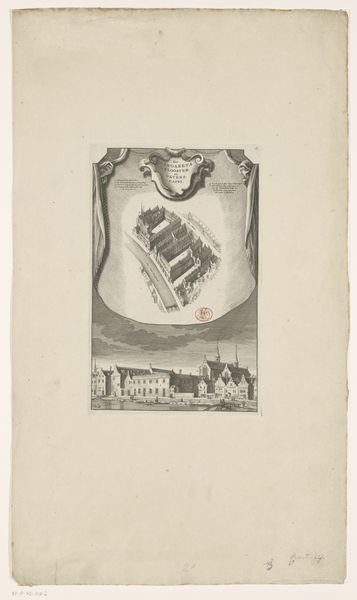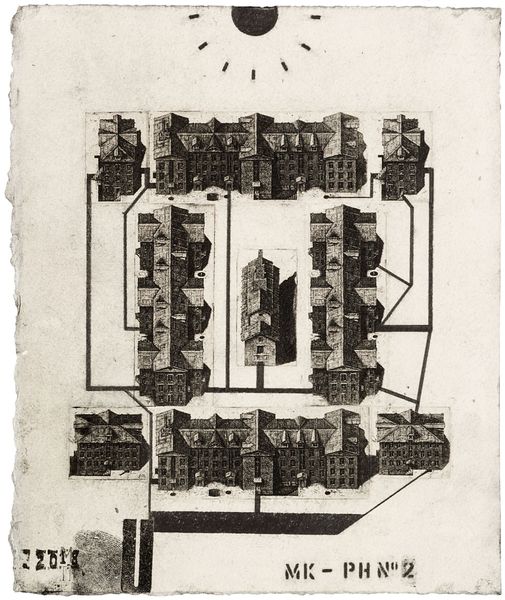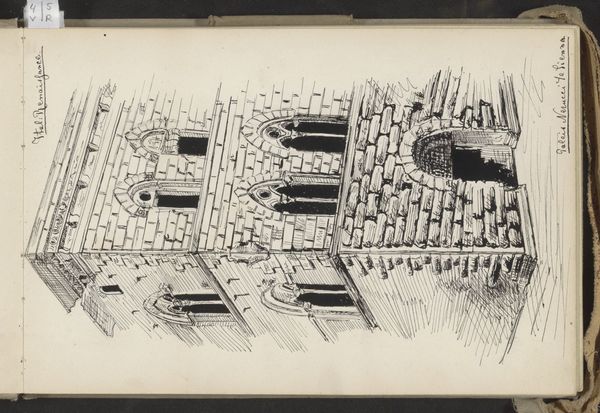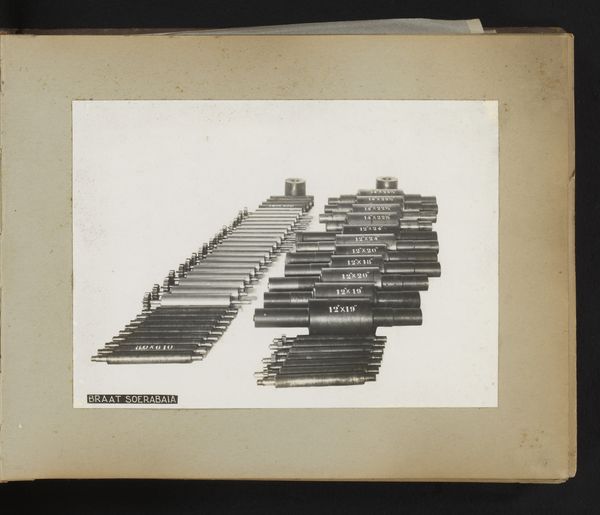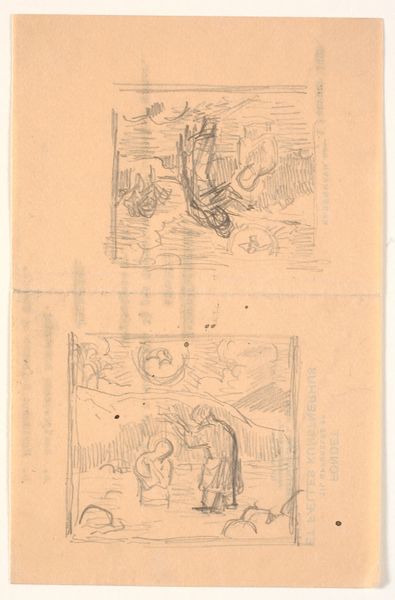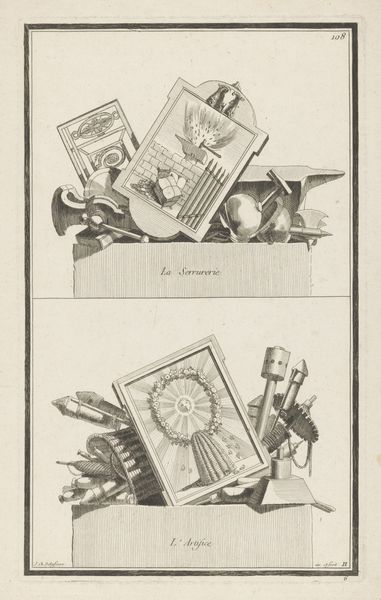
Vogelvluchtaanzichten op het Begijnhof en de kloosters van de Oude en Nieuwe nonnen, 1544 1729
0:00
0:00
print, engraving, architecture
#
baroque
# print
#
cityscape
#
engraving
#
architecture
#
realism
Dimensions: height 110 mm, width 137 mm, height 160 mm, width 132 mm
Copyright: Rijks Museum: Open Domain
This print, dating from 1544, presents bird’s-eye views of the Begijnhof and the monasteries of the Old and New nuns, made by an anonymous artist. This work relies on the technique of engraving, cutting lines into a metal plate, which are then filled with ink to produce the final image on paper. Engraving was a meticulous, labor-intensive craft, demanding both technical skill and artistic vision. Look closely, and you'll see how the material properties of the metal plate influenced the image. The fineness of the lines, the precision of the details – all this speaks to the engraver's mastery over their medium. This approach to printmaking contrasts with the looser, more expressive qualities of drawing or painting. The act of engraving itself is a form of work, deeply rooted in its historical moment. It shows the cultural landscape of the 16th century, particularly the architecture and urban planning of religious communities. The regularity and precision with which the monasteries are depicted reflects the engraver's intent to document and celebrate these spaces. By considering the material and making of this print, we gain a deeper appreciation for the skills, values, and social contexts that shaped its creation.
Comments
No comments
Be the first to comment and join the conversation on the ultimate creative platform.
